Laser Gum Surgery Recovery
Laser gum surgery is a minimally invasive way to treat periodontal disease and repair damaged tissue. Periodontal disease is a condition that can lead to gum recession, bone deterioration, and tooth loss. Gum recession is one of the first signs that you have periodontal disease, so if you can have it treated promptly, your chances of improving your oral health increase significantly.
Laser gum surgery can provide the treatment you need with minimal disruption to your daily life. It is a minimally invasive procedure that uses a pulsed laser to target areas of damaged tissue without impacting healthy tissue.
Periodontal disease can be detrimental to your overall health. Patients with periodontal disease have a harder time managing blood sugar and are at higher risk of heart disease and stroke. This is why maintaining your oral health with regular visits to your dentist is vital.
Laser Gum Surgery Recovery
The recovery from laser gum surgery is a huge improvement in comparison to more traditional treatment options like gum grafting. Grafts can take months to heal completely, during which you are confined to dietary restrictions to avoid disrupting your graft as it integrates with your gum tissue. Laser gum surgery only takes a few days to heal to a point that you can return to your normal diet and daily routines.
Laser gum surgery has a shorter healing time because no incisions or sutures are needed, so the mouth is able to heal quickly. Most patients are likely to be candidates for laser gum surgery, but a full evaluation by a periodontist is necessary to confirm what treatment is needed and appropriate.
Preventing Gum Recession
Periodontal disease is the leading cause of gum recession, so it is important to maintain a healthy oral care routine and to visit your dentist regularly for professional cleanings. This will enable your doctor to diagnose gum disease as soon as it develops and begin treatment before any permanent damage occurs. Some patients are genetically predisposed to periodontal issues and will benefit from a more frequent cleaning schedule as opposed to the typical twice a year.
To practice good oral hygiene, you need to brush your teeth at least twice a day with a soft-bristle toothbrush. This removes the plaque and bacteria from the visible surfaces, but flossing is arguably more important because it removes buildup from between your teeth and below the gum line. Oral hygiene products containing fluoride can help strengthen the enamel on your teeth, making them stronger and preventing bacterial buildup.
Laser gum surgery is a great option for patients who need to treat periodontal disease. The recovery time is quick, and the pain is minimal. If you do experience severe pain, swelling, or bleeding, you need to see your doctor as soon as possible to make sure you have not developed an infection.

